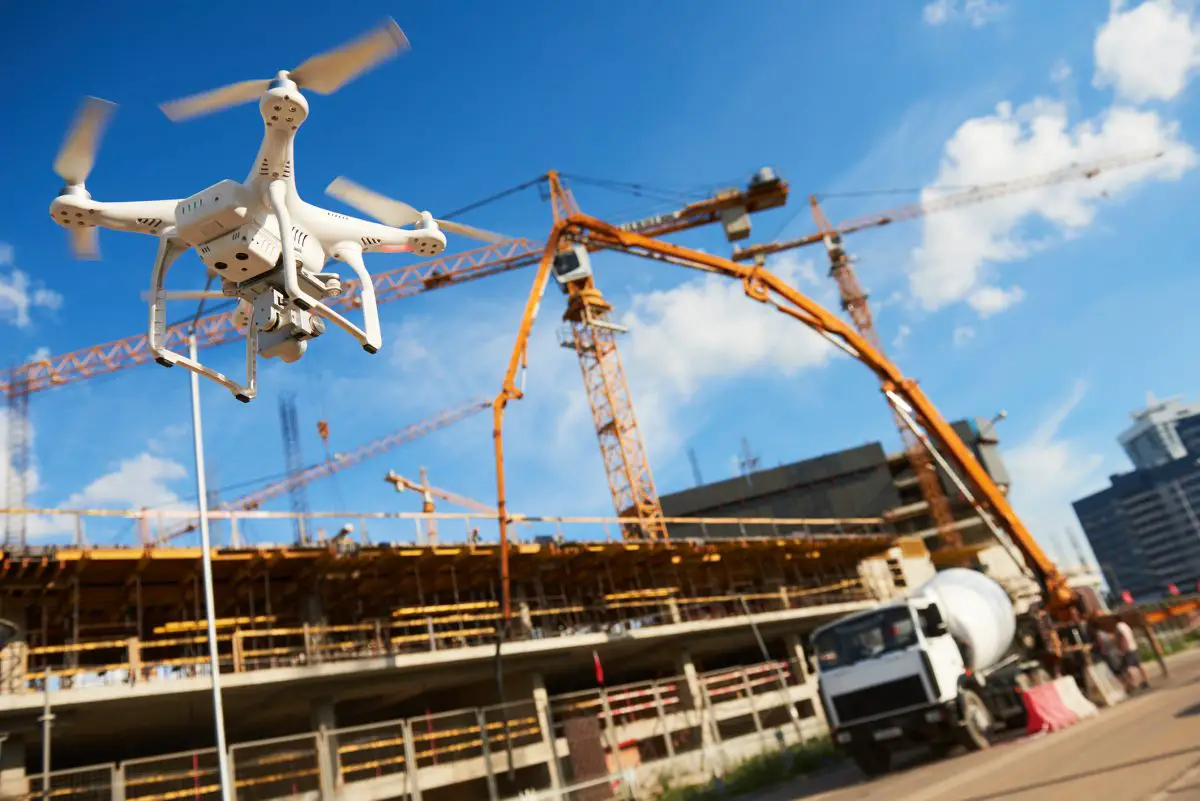The construction industry has been characterized as a low innovation-rate industry. Constantly evolving technology is shaping most industries and sectors of the world’s economy, and the construction industry is no different. As the industry is in the middle of an exciting transition, we expect to see many efficient and innovative changes in the coming years.
Building Information Modeling (BIM)
BIM is an intelligent, 3D model-based process that provides the necessary insight and tools to plan and manage construction building with higher efficiency. It is a relatively new technology, but many construction companies are already adopting BIM for their operations. BIM provides real-time data, improves design quality and collaborates more effectively throughout the project life cycle.

Robotics
Robotics and automated machines are no longer a thing of science fiction. This kind of innovation can greatly increase efficiency and accuracy in many different areas of work, as robots can do repeated actions such as brick-laying, tying steel bars or plastering walls without supervision or assistance, freeing up professionals to do more creative and meaningful work.
Robotics and AI (artificial intelligence) are gradually changing the entire industry as construction companies realize the benefits they gain in terms of construction workflow, and reduced time and labor on projects. Most importantly, it also increases safety in the field.

Drones
These unmanned aerial vehicles are already in use by many contractors, and the number of commercial drones in use will surge year after year. Drones can inspect vast areas of land within minutes before projects start, thereby mitigating the risk of error during the planning stage. Drones can also ensure that all job site materials are placed and ordered as necessary, and once again, develop safety and productivity in construction.

Software
Although it is common for construction project managers to use outdated forms of software or management systems (for example, Excel), there is continuous growth within mobile and cloud-based applications. All important functions from planning and estimating, job costing, scheduling, invoicing and project process reporting can be done in real time and within seconds. Cloud-based apps are providing wide-range activities, comprehensive overviews, collaboration with different project team members, transparency and efficiency.
Green technology
Technological advances are developing various new material innovations to drastically reduce environmental pollution. There has been a significant increase of disposing plastic waste into railroads and even using it as a material for 3D printingfor new building components and structures. More and more buildings are integrating green technology into the construction process, and this trend is set to continue.

The intelligent-built environment
The construction industry shapes our world and has a great impact on our society. By collecting data from the latest innovations, we are able to operate our homes and offices with higher efficiency and in environmentally friendly ways. Furthermore, with saved data, we can evaluate trends and use them to design future buildings, infrastructure projects and even entire cities with master plans.
Conclusion
It is essential that project managers or people running construction companies are aware of the latest trends that can provide huge advantages over competitors. The entire industry is constantly evolving, and companies that want to remain competitive must therefore stay up to date. Moreover, modern technologies will allow the construction industry as a whole to be safer, more productive and efficient, therefore also leading to lower overall project costs.
